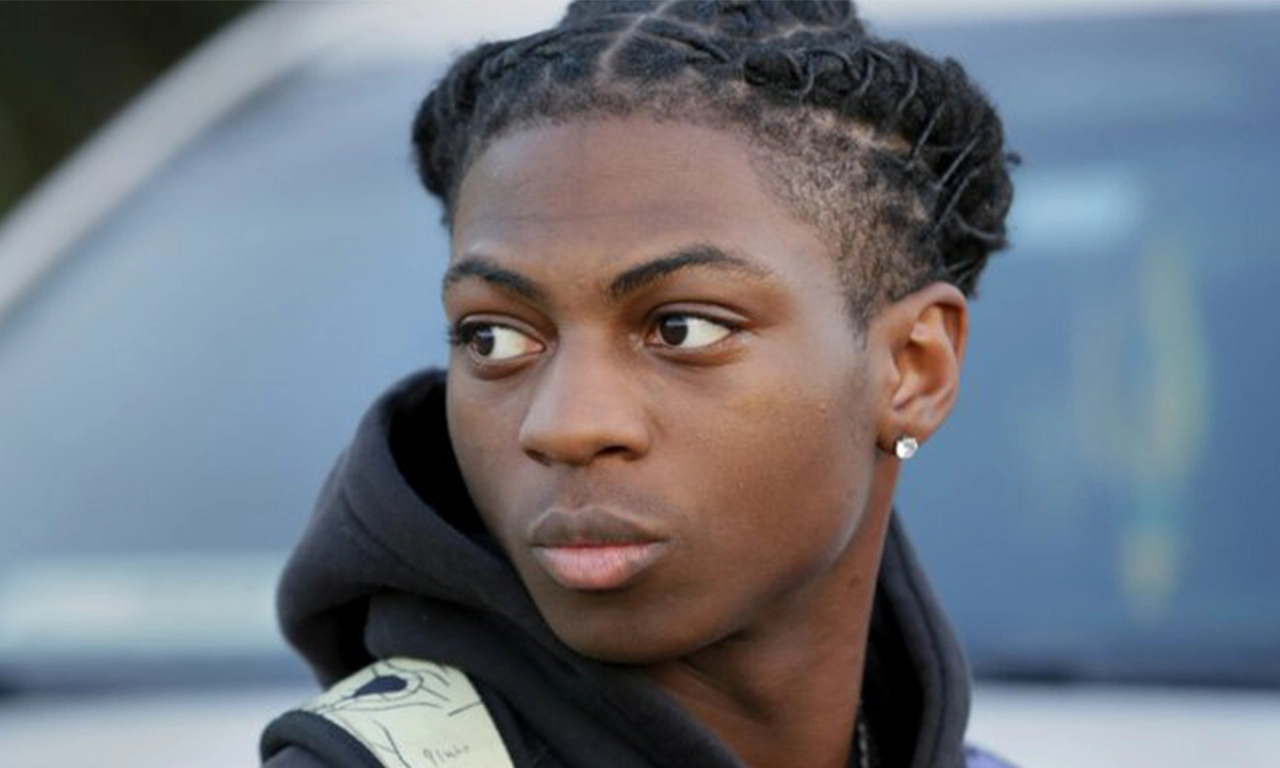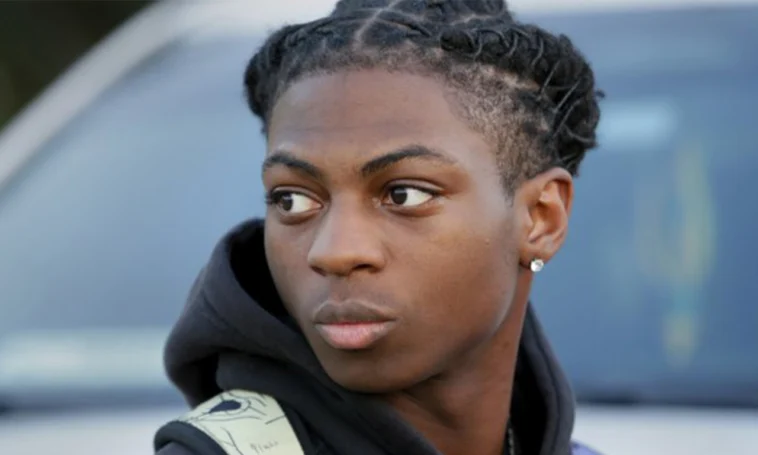Texas judge upholds school’s suspension of black student Darryl George for breaching the hair length restriction in a disputed ruling.
“I love my hair, it is sacred and it is my strength.” Darryl George
Darryl George’s attorney, Allie Booker, asked State Rep. Ron Reynolds, a co-author of the CROWN Act, to testify regarding the law’s intent, emphasising locs’ natural length restrictions.
In response to his decision to wear his locs unpinned and below his eyebrows, George was suspended from high school and placed in EPIC for nearly a month.
The principal cited George’s “failure to comply” with campus standards for his suspension and transfer to the alternative programme from October 12 to November 29.
After filing an official complaint with the Texas Education Agency, George’s family filed a federal civil rights lawsuit against Gov. Greg Abbott, Attorney General Ken Paxton, and the school district for CROWN Act breaches.

In court records, George called his locs sacred and a source of strength.
Superintendent Poole justified the school district’s repeated suspension of George, saying conformity united Americans.
He stressed the importance of local policymaking by highlighting the school’s state district court declaratory judgement request to validate its view.
On September 1, 2021, House Bill 567, the CROWN Act, banned Black hair texture and style discrimination in schools and work.
Nearly 20 states safeguard natural and protective hairstyles from discrimination under the CROWN Act.Locs, Bantu knots, and afros are protected from discrimination in education and employment by the law.
New Jersey Rep. Bonnie Watson Coleman wants the Senate to enact the measure nationwide to be courteous and open to natural hair.
After the judge’s verdict, cultural identity, personal expression, and education policy have been debated. Advocates for racial equality and cultural diversity say Darryl George’s suspension indicates systemic bias against Black hairstyles in schools.
The incident sparks discussions on cultural diversity, particularly haircuts. Locks symbolize heritage, identity, and pride for many Black people. Hairstyle limitations or disciplinary procedures are seen as infringements on human autonomy and cultural expression.
The case underscores the necessity for comprehensive legislation like the CROWN Act to tackle hair texture and style discrimination. The CROWN Act has been passed in several states, but local interpretation and enforcement determine its effectiveness.
The judge’s judgment is criticized for reinforcing damaging stereotypes and institutional racism in schools. Schools may marginalise, exclude, and alienate Black pupils by penalising their natural hairstyles.
The case also examines how educational rules affect diversity, inclusiveness, and cultural competence. Promoting inclusive environments where students feel accepted, appreciated, and encouraged to express their cultural identities without fear of repercussions is crucial.
The outcome of Darryl George’s case affects the struggle against racial discrimination and educational justice. It emphasises the need for continual debate, activism, and policy reform to address systematic inequalities and promote diversity, inclusion, and social justice in education and beyond.
Community activists, civil rights organizations, and advocacy groups continue to raise awareness of hair prejudice and lobby for legislative safeguards in reaction to the controversy. They advocate questioning conventions, ending discrimination, and building more fair and inclusive settings for all by elevating affected voices.
As Darryl George’s case proceeds, it highlights society’s continual fights for justice, equity, and respect. It emphasises the need for collective action and solidarity to fight systematic injustice and promote equality, diversity, and human dignity.





Join the Community and Be a Part of the Conversation
You must be logged in or registered to post a comment.